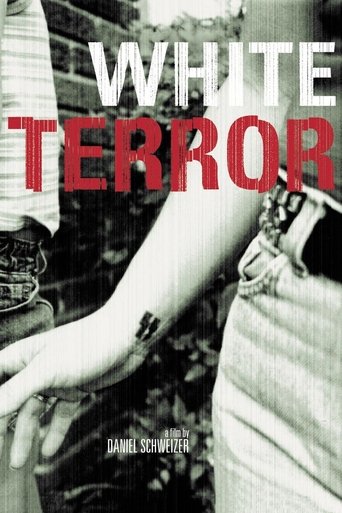
05 Aug 2005

White Terror
A video about Neo-Nazis originating in Sweden provides the starting point of an investigation of extremists' networks in Europe, Russia, and North America. Their propaganda is a message of hatred, war, and segregation.

Two people are on the road. Everyday life, business calls, games, a curve of the highway, a swing and again business calls... During this year the father and the daughter have not seen much of each other and they have not been alone for a long time. Two cameras are looking face to face; different fears inhabit one and the same space. There is a question: should they come back or should they continue traveling together?

05 Aug 2005

A video about Neo-Nazis originating in Sweden provides the starting point of an investigation of extremists' networks in Europe, Russia, and North America. Their propaganda is a message of hatred, war, and segregation.

03 May 2017

For months, the FBI have been investigating Russian interference in the American presidential elections. ZEMBLA is investigating another explosive dossier concerning Trump’s involvement with the Russians: Trump’s business and personal ties to oligarchs from the former Soviet Union. Powerful billionaires suspected of money laundering and fraud, and of having contacts in Moscow and with the mafia. What do these relationships say about Trump and why does he deny them? How compromising are these dubious business relationships for the 45th president of the United States? And are there connections with the Netherlands? ZEMBLA meets with one of Trump’s controversial cronies and speaks with a former CIA agent, fraud investigators, attorneys, and an American senator among others.
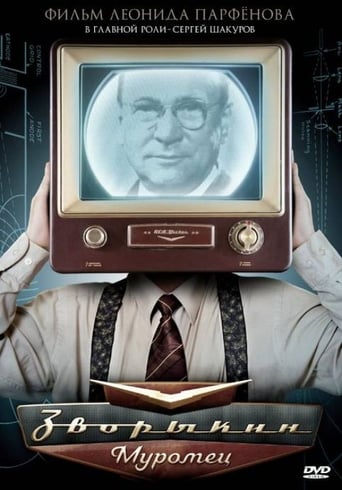
15 Mar 2010

Parfenov's documentary is about a brilliant scientist and engineer, born in Russia, but only known on the other side of the ocean. The invention of modern television changed the history of mankind. The invention has an author, who is almost unknown in his homeland. Vladimir Zworykin, born in Murom, a Russian American, was the person who created distant wireless transmission of images.


For many, a journey on the Trans-Siberian train is a dream adventure. But, for the train’s team of conductors, it's just another job. However, it's far from routine, as it’s full of unexpected surprises and challenges. Learn about their duties, pastimes and unusual situations they come across while en route and find out what it’s really like to literally live at work.
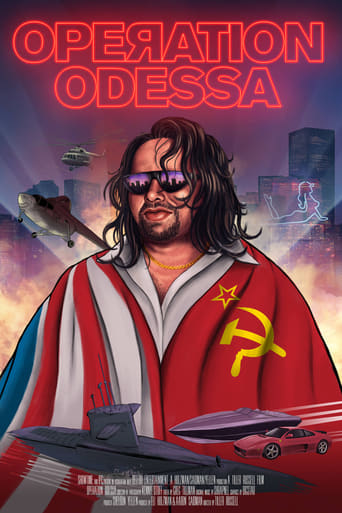
10 Mar 2018

The stranger-than-fiction true story of a Russian mobster, a Miami playboy, and a Cuban spy who teamed up in the early '90s to sell a Soviet submarine to the Cali Cartel.
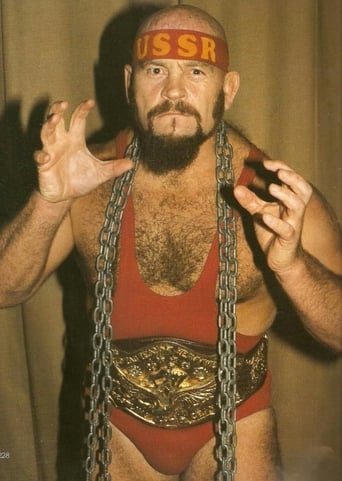
13 Aug 2003

Documentry about "The Russian Bear" Ivan Koloff

02 Mar 2016

Follow astronaut Scott Kelly's 12-month mission on the International Space Station, from launch to landing, as NASA charts the effects of long-duration spaceflight by comparing him to his identical twin on Earth, astronaut Mark Kelly.
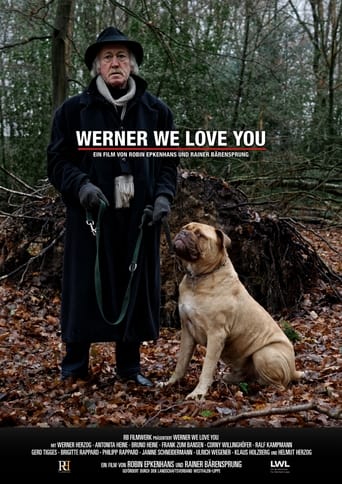
06 Oct 2017

When Werner Herzog was still a child, his father was beaten to death before his eyes. His mother was overwhelmed with his upbringing and thereupon shipped him off to one of the toughest youth welfare institutions in Freistatt. This was followed by a career as a bouncer in the city's most notorious music club and an attempt to start a family. Today, the 77-year-old from Bielefeld lives with his dog Lucky in a lonely house in the country. Despite adverse living conditions, he has survived in his own unique and inimitable way.
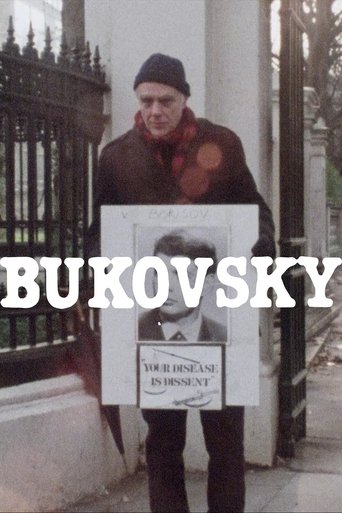
01 Jan 1977

Alan Clarke's documentary about Soviet writer and dissident Vladimir Bukovsky, who had left the Soviet Union in 1976 after years spent in their prisons and psychiatric wards. The film was completed in 1977 but never broadcast, subject only to private screenings. The documentary appears publicly for the first time as a special feature of the BFI's 'Dissent and Disruption: Alan Clarke at the BBC (1969-1989)' box set, alongside 50 minutes of outtakes.
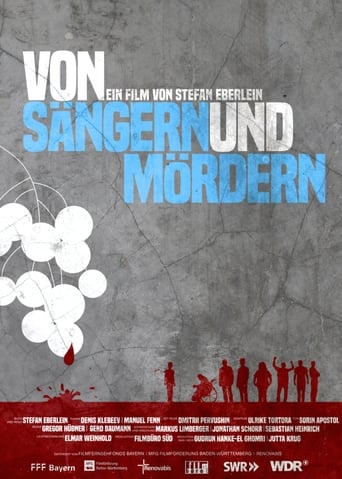
03 Dec 2016

The documentary depicts the remarkable phenomenon of the national competition Kalina Krasnaya, organised with a flourish in which the convicts from all over Russia sing their way to victory with songs about longing, war, love and forgiveness.
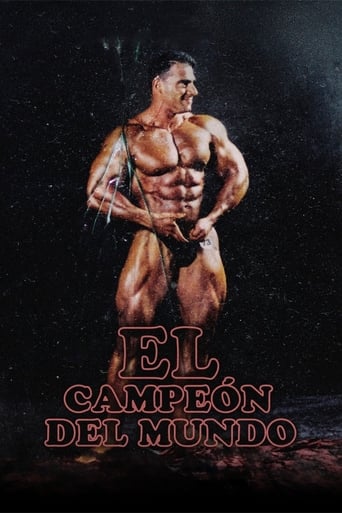
17 Oct 2019

Ten years after winning a world title in bodybuilding in Russia and becoming a star of said discipline in Mexico, Antonio Osta (43) leads a life of austerity in the Uruguayan rural town where he grew up. He resides there with his son Juanjo (17), a sensitive teenager who keeps him company and confronts him openly. Suffering from acute kidney disease which keeps him from competing professionally, Antonio is stuck in limbo, halfway between his glorious past and the impossibility of being who he once was. However, he is unwilling to give up his lifestyle, even if it kills him. In an attempt to reinvent himself, and seeking a better future for his son, Antonio plans a comeback to the Mexico bodybuilding scene, where he may relive his glory days.
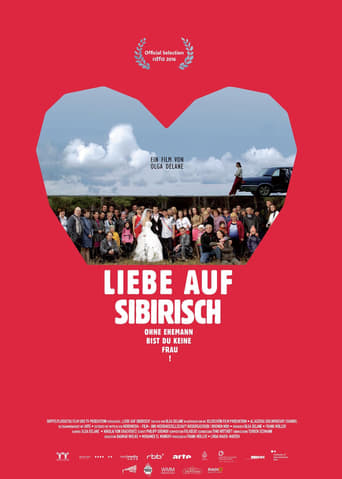
16 Nov 2017

After 20 years of living in Berlin, the director Olga Delane goes back to her roots in a small Siberian village, where she is confronted with traditional views of relationships, life and love. The man is the master in the home; the woman’s task is to beget children and take care of the household (and everything else, too). Siberian Love provides unrivaled insights into the (love) life of a Siberian village and seeks the truth around the universal value of traditional relationships.
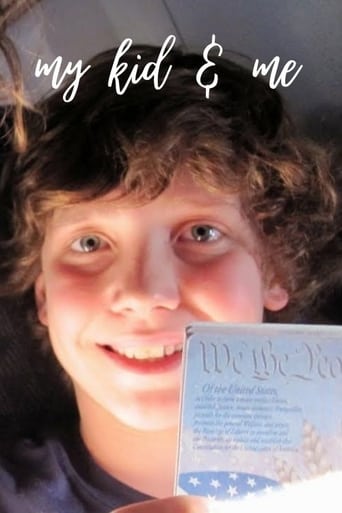
10 Mar 2014

A travel documentary about Casey and his son, Owen.
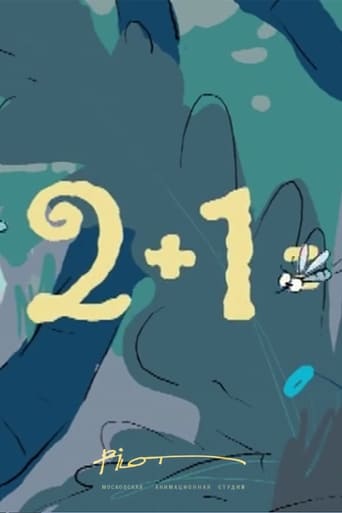
01 Jan 2003

The film is about the paradoxical nature of everyday life.
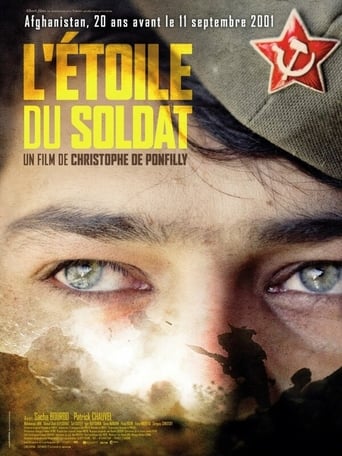
05 Sep 2006

A Russian guitarist was enlisted in 1984 in the Afghan war. Imprisoned, he will meet an Afghan musician and a French journalist.
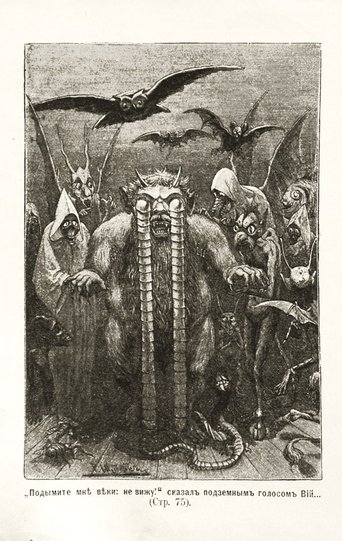
27 Nov 1909

Based on a the horror novella of the same name. First Russian horror film.
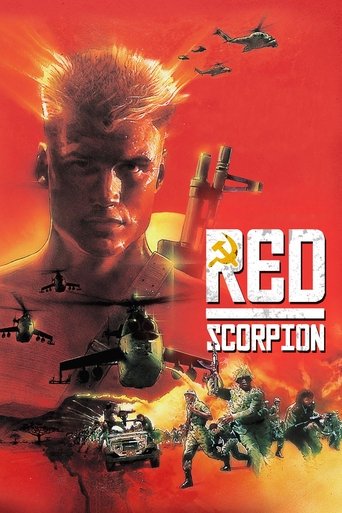
24 Dec 1988

A Soviet commando is sent to eliminate a rebel leader in Africa. Soon he finds himself doubting his mission and his loyalty.
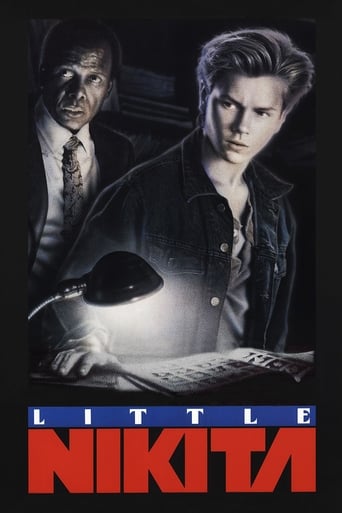
17 Mar 1988

An FBI agent works to uncover an all-American family as Soviet sleeper agents, and gets caught up in friendship with their oblivious teenage son.
19 Oct 1934
Britisher Sir Charles Farrington and a son, Rex Farrington, arrive in a Russian Soviet territory searching for another Farrington son, Michael,who has been thrown into prison. Valarie Perrovna is a singer who is in love with the imprisoned son and she provides the searchers with the information as to where the missing son is being held. They all go there and help Michael escape. But is their escape vehicle---a flat wagon pulled by three horses--- fast enough and sturdy enough through the snow to beat the Commmisar and his troops to the Rumanian border
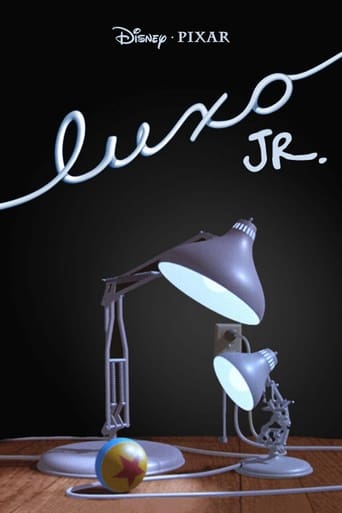
17 Aug 1986

A baby lamp finds a ball to play with and it's all fun and games until the ball bursts. Just when the elder Luxo thinks his kid will settle down for a bit, Luxo Jr. finds a ball ten times bigger.